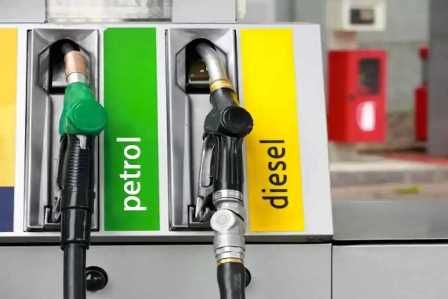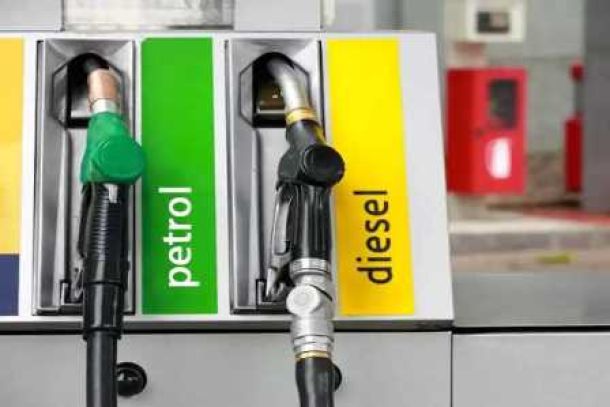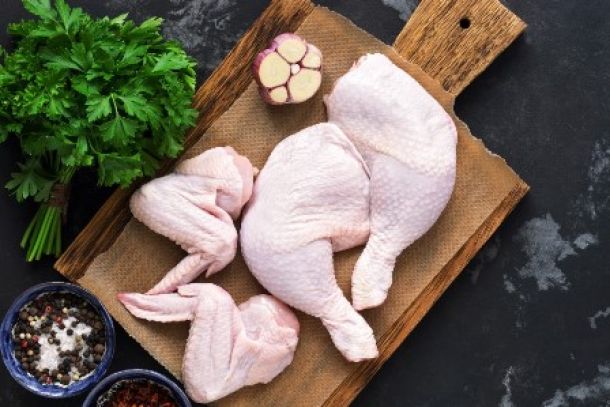
Petrol price relief expected next week
By: Shaun Jacobs – Daily Investor
South African motorists are in for some relief in August, with petrol and diesel prices set to come down marginally.
This was revealed in data from the Central Energy Fund (CEF), which tracks the projected price of fuel in South Africa.
In the middle of the month, price cuts were anticipated only for petrol 93, petrol 95, and diesel with 0.05% sulphur content.
However, due to a weaker oil price and a relatively stable rand, diesel with 0.005% sulphur content has now also been included in the list of potential reductions.
While these cuts are not as substantial as those seen in the past two months, motorists can still expect some relief as long as market conditions remain stable through the end of the month.
The expected changes, according to CEF data, are shown below –
Petrol 93: decrease of 7 cents per litre
Petrol 95: decrease of 11 cents per litre
Diesel 0.05%: decrease of 22 cents per litre
Diesel 0.005%: decrease of 9 cents per litre
These expected cuts are not guaranteed, with changes to the rand-dollar exchange rate and oil prices likely to affect the project fuel prices before the official changes are announced.
Petrol and diesel prices may yet reverse their downward trend due to a potentially weaker rand as financial markets anticipate rate cuts in South Africa. Oil prices may increase due to supply shocks and increased demand.
The oil price has remained relatively stable over the past few months and has declined in recent weeks.
Brent crude has fallen sharply this week to around $77 per barrel despite production cuts from some of the world’s largest producers.
Under normal circumstances, this would result in significantly lower fuel prices in South Africa. However, the dollar strengthened and the rand weakened in the past two weeks, offsetting some of the impact of the decline in oil prices.
The rand has been strengthening since the end of April, reaching R17.95/$ in mid-July.
However, it has since weakened due to increased risk aversion following the attempted assassination of former US President Donald Trump.
This event has heightened uncertainty and market volatility, causing investors to pull out emerging market assets like the rand.
During such times, investors flock to the dollar and US-based assets as safe havens. The US has the world’s deepest capital markets, and the dollar serves as the global reserve currency, leading to its appreciation relative to other currencies.
The rand is now trading at R18.39/$.
Furthermore, indications that the Reserve Bank may cut rates at its next meeting in September have weakened the local currency.
At the last Monetary Policy Committee meeting, its six members announced that while rates would remain unchanged, its votes were split, indicating a potential cut at its next meeting.
Investec chief economist Annabel Bishop explained that this announcement reversed the rand’s strength.
The rand weakened to R18.37/USD last week and reached R18.33/USD on 22 July, undermined by the SARB’s dovishness.
However, the rand has strengthened since, hitting R18.26 to the dollar on 31 July.
Bishop said the rand is potentially facing a more optimistic outlook, as Q2.24 has proved to be a quarter of positive developments.
These developments eroded the country’s political risk and established a platform for stronger growth and better investor sentiment.
“The downside risks have fallen substantially as the new government was successfully formed and translated into executive positions, with expected improved governance. This has lowered the risk premium for South Africa,” she said.
The likelihood has fallen for the downside of weakening investment growth and economic activity, fiscal deterioration, rising bond yields and inflation, rand depreciation, persistent load-shedding, and other structural constraints.
News Category
- International retailers
- On the move
- Awards and achievements
- Legislation
- Wine and liquor
- Africa
- Going green
- Supplier news
- Research tools
- Retailer trading results
- Supply chain
- Innovation and technology
- Economic factors
- Crime and security
- Store Openings
- Marketing and Promotions
- Social Responsibility
- Brand Press Office
Related Articles

Confirmed: Petrol, diesel price cuts on Wednesday

SA poultry industry calls for targeted chicken ...

Empowering South African households through gro...

SPAR shares practical tips to beat food inflation


